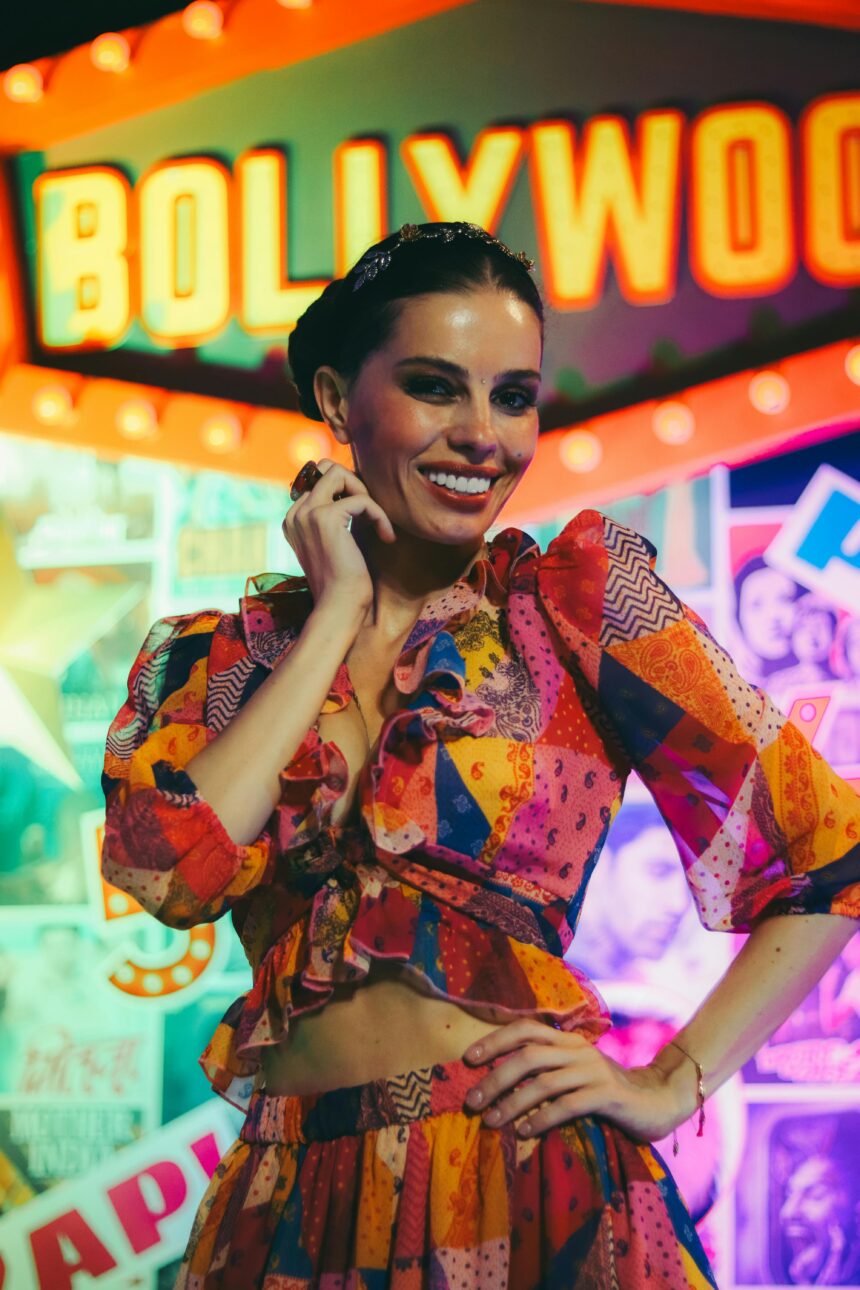The Indian film industry, one of the largest in the world, is experiencing a digital revolution powered by Artificial Intelligence (AI). From automating mundane tasks to enhancing visual storytelling, AI is reshaping the way movies are conceived, produced, and delivered. This transformation is ushering in a new era of innovation, making Indian cinema more efficient, inclusive, and technologically advanced.
AI in Scriptwriting and Storytelling
AI tools are being used to analyze trends, audience preferences, and successful narratives to help filmmakers develop compelling scripts. By scanning massive datasets, these tools can suggest storylines, character arcs, and dialogues that resonate with target demographics.
Recent Development:
Bollywood production houses are collaborating with AI developers to test AI-assisted scriptwriting tools. For example, a Mumbai-based film studio recently experimented with AI to generate dialogue for a romantic drama, which was then fine-tuned by human writers. This hybrid approach is allowing filmmakers to streamline the pre-production process.
Revolutionizing Visual Effects
AI-powered tools are transforming the visual effects (VFX) landscape in Indian cinema. Tasks like scene rendering, motion capture, and CGI generation are now more efficient and cost-effective. AI algorithms enable filmmakers to create stunning visuals without the need for extensive manual labor.
Notable Example:
In a recent Bollywood sci-fi film, AI was employed to de-age the lead actor, creating a seamless transformation that left audiences amazed. This technology is making complex visual effects more accessible to mid-budget films, leveling the playing field across the industry.
Enhancing Audience Experience with Personalization
AI is also being used to enhance audience engagement. Streaming platforms analyze viewing habits to recommend personalized content, while theaters are experimenting with AI to optimize seating arrangements and pricing strategies.
Highlight:
A leading OTT platform recently implemented an AI-driven recommendation engine to promote regional Indian films to diverse audiences, boosting viewership for lesser-known titles.
Addressing Ethical Concerns
While AI offers numerous benefits, its integration into filmmaking raises ethical questions. Concerns about job displacement among screenwriters, VFX artists, and other creative professionals are gaining traction. Moreover, the unauthorized use of actors’ likenesses and voices through AI has sparked debates about intellectual property rights.
Landmark Case:
Actor Anil Kapoor recently won a legal battle against the unauthorized use of his image and voice in an AI application. This case has set a precedent, emphasizing the importance of consent and regulation in AI applications.
Challenges and Opportunities
AI adoption in Indian cinema is not without its challenges. High implementation costs and a lack of skilled professionals are barriers to widespread adoption. However, government initiatives, such as the promotion of digital infrastructure under the Digital India campaign, are paving the way for broader access to AI technologies.
Private-sector investments in AI startups specializing in entertainment technologies are also accelerating innovation. With increased collaboration between filmmakers and tech companies, the industry is poised to overcome these hurdles.
The Road Ahead: A Collaborative Future
AI is not here to replace human creativity but to complement it. By automating repetitive tasks, providing data-driven insights, and enabling unprecedented visual effects, AI empowers filmmakers to focus on storytelling and artistic expression.
The future of Indian cinema lies in striking a balance between embracing AI’s potential and preserving the human touch that defines great storytelling. As AI continues to evolve, Indian cinema is set to become a global leader in innovation, blending tradition with technology.


Leave a Reply